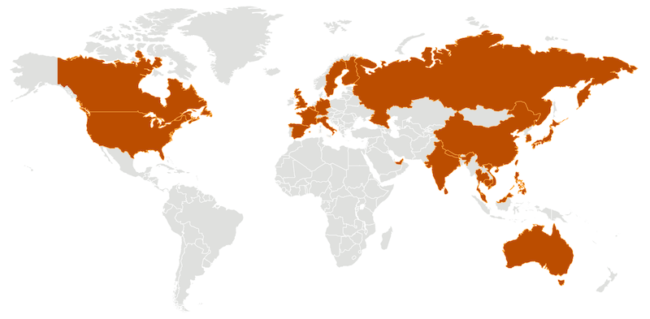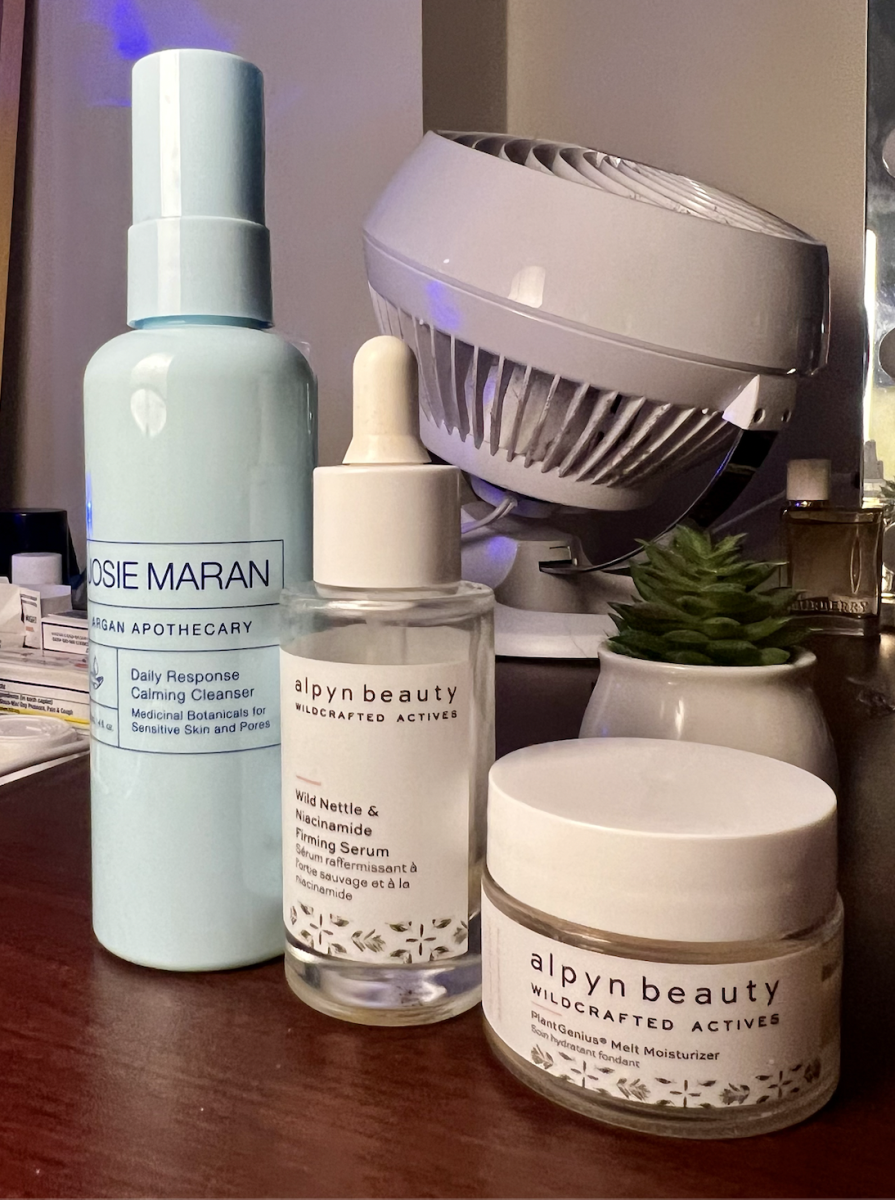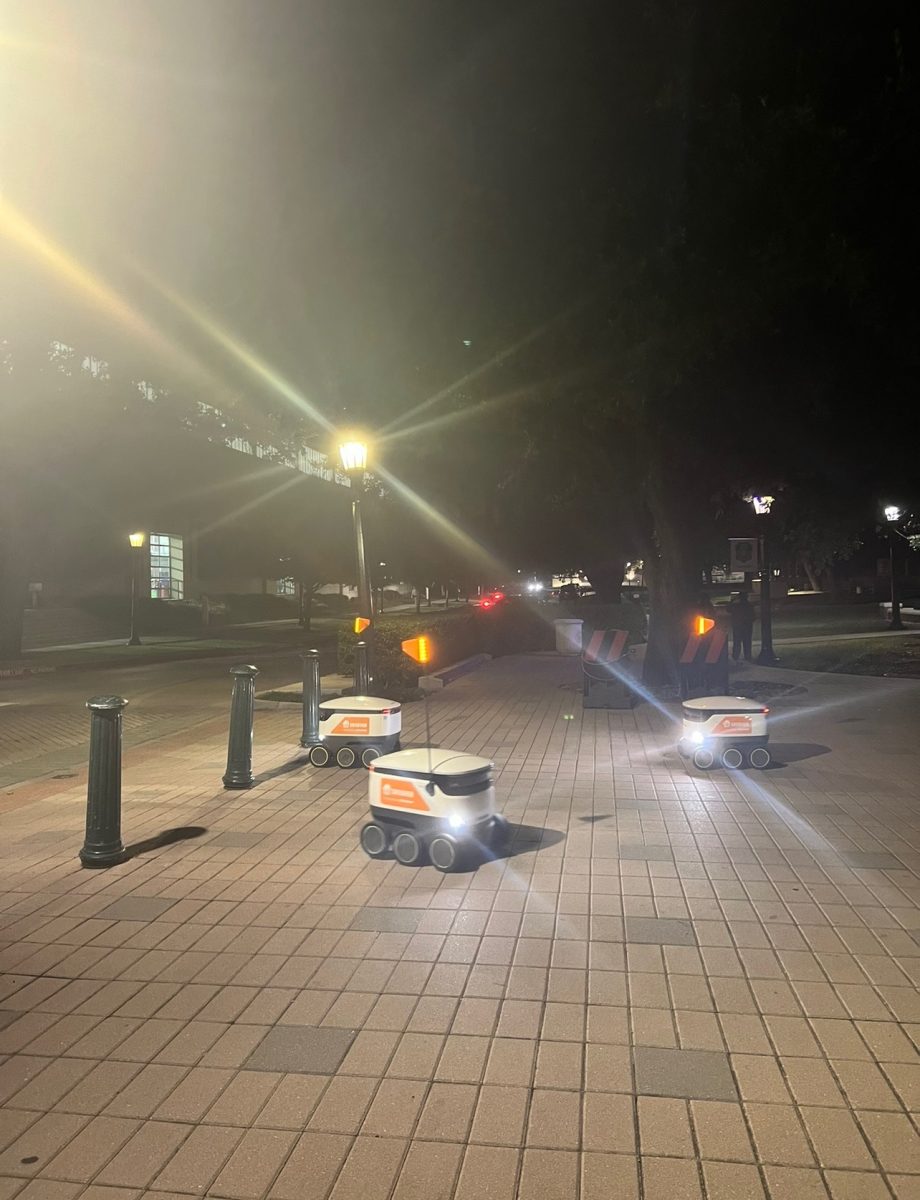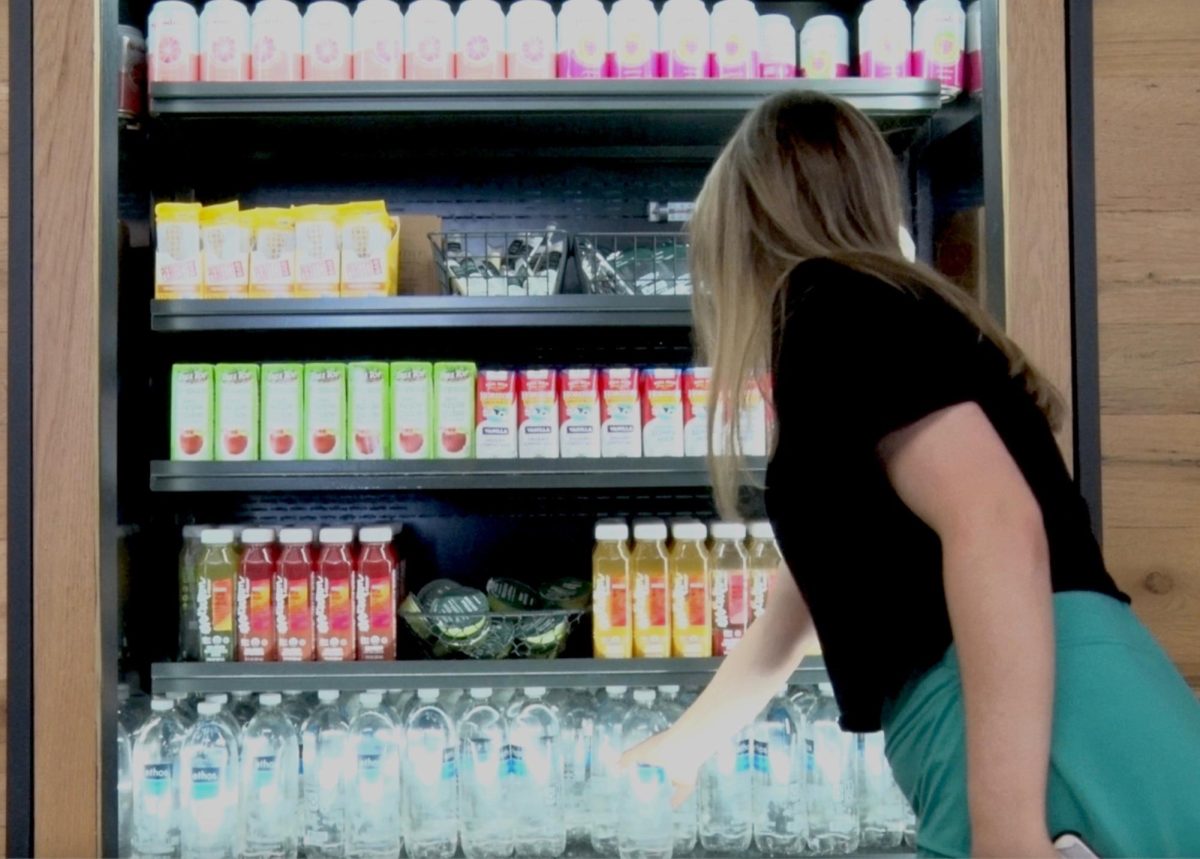The coronavirus continues to spread throughout the world, but SMU has not officially restricted any private travel or vacation for spring break.
However, the university has released a subsequent email asking for students to self-monitor themselves if they go to a country that has been labeled a Class 3 or Class 4 restriction.
The World Health Organization reports that 75 countries are known to have cases, and there have been over 92,000 coronavirus cases worldwide. The virus, referred to as COVID-19 (coronavirus), has killed 11 people in the United States, according to CBS News.
Here are seven tips to keep in mind when traveling over the break.
1. Travel internationally at your own risk.
SMU formally recalled all students on any SMU Abroad program and restricted any university-sanctioned or sponsored travel. Despite this restriction, the university has stated in an email, “that the University has no role in monitoring or regulating the personal travel of our students, faculty or staff.”
Students should also be aware that if they choose to travel outside of the country that the evolving circumstances could create difficulties in returning to the country. Mexico, a popular destination for college students, has a few confirmed cases of coronavirus. France and Germany have a few hundred each.
“We are recommending that people don’t travel internationally right now,” Griffin Sharp, Associate Director of Health Promotion at SMU, said. “If students choose to travel internationally for spring break, we urge students to follow our prevention guidelines.”
2. Domestic travel may still pose risks.
So far, there have been 11 confirmed deaths caused by the coronavirus in the United States.
New York and Washington State have had the most cases in the U.S., but there are a large number of unconfirmed cases in Seattle where the extend of the contagion is not well-known. Seattle has since closed schools and companies such as Facebook, Boeing and Amazon have asked employees to work from home, according to the Wall Street Journal.
Additionally, Chicago, home to one of the nation’s largest airports, has reported a handful of cases. Although the risk of coronavirus remains low for the United States, traveling home for spring break isn’t a way to fully protect yourself from exposure to the virus.
3. Wash your hands with warm water and soap.
Wash your hands frequently to make sure that your hands stay as disinfected as possible. This tip is extremely important because the virus itself might be able to be transmitted even if you aren’t showing symptoms. Washing your hands with warm water and soap for at least 20 seconds as posted on the SMU health blog can be helpful in making sure that you don’t transmit the virus.
These guidelines are also backed by the Centers for Disease Control, which has influenced the guidelines posted by SMU. Washing your hands frequently can help prevent the spread of the disease.
Tables at restaurants, the nightstand at your hotel and the arm rests of airplanes have likely been touched by someone else. To protect yourself or others, wash your hands.
4. Pack hand sanitizer and disinfecting wipes.
No matter where you’re traveling to for the break, it is important to have hand sanitizer in case you aren’t able to wash your hands. Having alcohol-based hand sanitizer is not a substitute for washing your hands, but it does help when hand washing is not available.
It can be helpful in a country that doesn’t have the same access to warm tap water like the United States. Additionally, when you’re on the airplane and can’t get up to wash your hands, having a small bottle of hand sanitizer can come in handy. It’s also widely available in travel sizes at most supermarkets.
You never know the germs that could be present on a countertop inside your hotel room. Although companies are starting to take greater measures to disinfect surfaces, giving the counter you place your laptop on one quick swab can give you peace of mind. They also generally are sold in travel sizes so finding a small pack to fit in your suitcase shouldn’t be too hard.
Note: Tito’s Handmade Vodka is not a substitute for hand sanitizer.
Tito's Vodka has spent the last 24 hours explaining to people that it *cannot* be used as a replacement for hand sanitizer.
God bless Texas. pic.twitter.com/1J08KlgDPI
— Dom DiFurio (inactive) (@DomDiFurio) March 5, 2020
5. Avoid touching your face.
While not touching your face might seem self-explanatory, we do it hundreds of times without even realizing it. A study by the Journal of Occupational and Environmental Hygiene estimates that we touch our face about 16 times an hour. Touching your face after touching an infected surface can transmit the infection to you. That’s why it is important to wash your hands and/or use hand sanitizer frequently.
6. Watch for further travel advisories.
Currently, most countries are not rated as significant health risks for travelers. Currently, only Italy, South Korea, Iran, Japan and China are countries deemed to pose a significant risk for travelers, according to the CDC.
However, the situation with the virus is constantly changing and SMU frequently sends out updates and travel advisories as they get them. Most news organizations also provide updates on the virus and the CDC is constantly reviewing its guidelines.
With plenty of time for the situation to evolve, it’s important to understand that new travel advisories could be issued if a country develops an outbreak of the virus. Still, the United States is at a relatively low risk.
7. You don’t need to stock up on emergency supplies, and you’re probably safe.
Stores are rapidly selling out of non-perishable food and bottled water amid fears of a global pandemic. You are likely safe in Texas if you choose to stay home, and the United States is well-equipped to deal with an outbreak.
Masks also won’t help you, so you don’t need to run out and buy masks because they really only help the sick.
“Masks should only be worn by people who are sick,” Sharp said. “We’re really encouraging people who are sick to consider wearing a mask.”
Before you run out and panic buy a 24-pack of Ozarka from Costco, consider why you are doing it. You are probably safe and, as long as you follow the prevention guidelines from the SMU Health Center, you should be fairly safe.




















